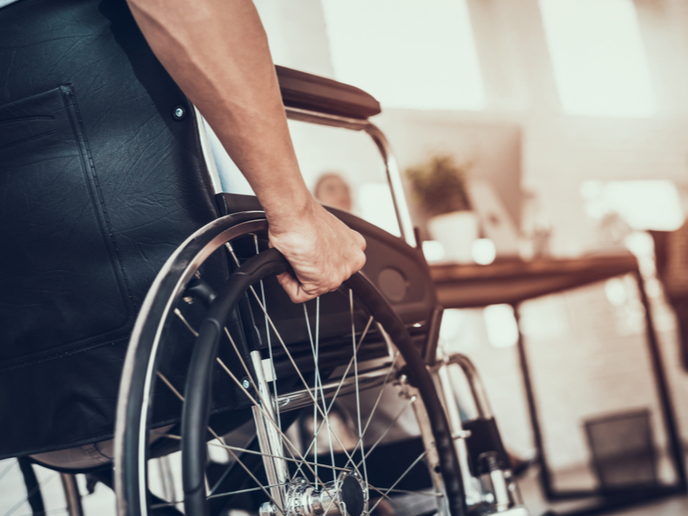From EU projects to twinnings: a pathway to the digital transformation of healthcare
The long-forecasted golden age of eHealth has yet to materialise and become tangible for most clinicians and patients. The problem is not so much that health data isn’t available or that innovative solutions to store, process and share it don’t exist. If anything, data is actually available in too many forms and managed differently across and even within Member States. Meanwhile, stakeholders can have a hard time browsing through thousands of innovations to identify the most suitable one for their needs. DigitalHealthEurope (Support to a Digital Health and Care Innovation initiative in the context of Digital Single Market strategy) is a unique attempt at solving both of these problems while helping the EU advance its agenda for the Digital Transformation of Health and Care (DTHC). “Our main objective is the deployment of digital solutions for person-centred care,” says Veli Stroetmann, coordinator of the project and head of eHealth and Policy Research at empirica Communication and Technology Research. “The other is to create multi-stakeholder communities developing resources such as white papers, guidelines and policy recommendations.”
A tale of 25 twinnings
The first issue is being tackled with ‘twinnings’ and catalogues of digital innovations, among other things. Twinnings are small, highly specific projects aiming to transfer knowledge from its owner (originator) to one or more healthcare providers (adopters). As Stroetmann explains: “They build on the originator’s extensive know-how and deployment experience. By doing so, they shorten adoption time compared to initiating an explorative research and development process that’s not based on mature, tested and proven initiatives.” A total of 25 twining projects were funded under DigitalHealthEurope. One example is AppSaludable, which addresses the challenges arising from an ever-growing number of health applications being made available to patients. “We need governments and healthcare authorities to ensure that citizens can choose applications that are safe, secure and provide added value to users. In this context, the AppSaludable twinning has developed common requirements for mHealth app design, use and assessment in Andalusia and Portugal.” A second interesting example is REHAB-LAB-4ALL, which empowers patients with disabilities by letting them participate in the development of everyday devices conceived specifically with their condition in mind. Twinning originator the Centre Mutualiste de Rééducation et de Réadaptation Fonctionnelles de Kerpape (France) has developed a first-of-its-kind fabrication lab and an overall concept enabling healthcare providers to work collaboratively with patients to produce 3D-printed assistive devices. They are currently sharing this participative approach with adopters from Belgium, Denmark, Italy, Romania, Spain and Switzerland. As far as catalogues are concerned, the project team published two. The first is a catalogue of digital solutions key to achieving the DTHC. Stroetmann and partners screened over 1 000 projects from different sources and compiled the 65 most promising ones in a browsable catalogue that can be filtered based on different selection criteria. The second one is a catalogue of mature telehealth solutions ready to be deployed across Europe, an issue made more urgent than ever by the COVID-19 pandemic.
A path forward
DigitalHealthEurope also provides guidelines and recommendations. Thanks to a large-scale survey aiming to understand European citizens’ knowledge, attitude and opinions regarding their data, the project team developed recommendations on citizen-controlled health data sharing governance models. They also drafted: a white paper on better citizen access and control of data; a roadmap for patient empowerment; a guide for scaling up digital solutions for citizen-healthcare provider interactions; and a white paper on the better utilisation of data infrastructures. In a little under 2 years, DigitalHealthEurope has successfully managed to establish itself as the go-to platform for different stakeholders who wish to share information, receive support and learn about the digital transformation of health and care in Europe.



